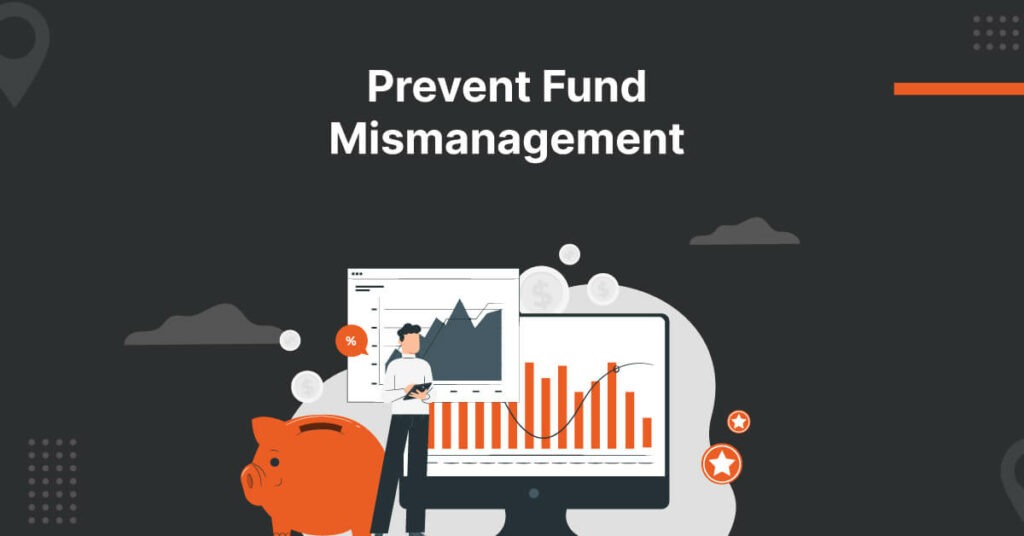
In the manufacturing industry, an effective expense policy serves as a compliance safeguard, demanding transparent documentation of expenditures and categorizing allowable expenses in alignment with regulatory mandates. Financial management enables businesses to monitor and control costs throughout production, ensuring that expenses align with revenue generation.
Internal controls, regular audits, and comprehensive employee training programs become integral components, ensuring that the expense policies meet regulatory expectations and foster a culture of accountability and transparency within the manufacturing organization.
Ultimately, by aligning expense policies with regulatory requirements, manufacturers mitigate legal risks and reinforce their commitment to ethical and responsible business practices within the intricate tapestry of the manufacturing landscape.
This blog discusses the significance of company expense policy compliance in the U.S. manufacturing industry.
Financial Compliance Challenges Faced by Manufacturers
The manufacturing industry faces unique challenges regarding employee expense policy compliance. Some of these include:
Regulatory Compliance Costs: Manufacturers operate in an environment subject to stringent regulatory standards, which vary across industries and regions. Complying with these regulations incurs additional costs for monitoring, reporting, and adherence to quality and safety standards. These compliance-related expenses need to be carefully tracked and managed to prevent any lapses that may result in regulatory penalties.
Quality Control Expenditures: Maintaining product quality is a paramount concern for manufacturers. Implementing robust quality control processes involves expenses related to testing, inspections, and compliance with industry-specific standards. These costs can fluctuate based on the complexity and precision required in the manufacturing processes.
Supply Chain Visibility and Risk Mitigation: Manufacturers often face challenges in obtaining real-time visibility into their supply chains. This lack of transparency can lead to increased expenses due to disruptions, delays, or unexpected changes in the availability and pricing of raw materials. Establishing a resilient and transparent supply chain involves investments in technology and risk mitigation strategies.
Customs and Trade Compliance: For manufacturers engaged in international trade, customs and trade compliance pose specific challenges. Expenses related to tariffs, duties, and adherence to trade regulations can significantly impact the overall cost structure. Navigating the complexities of global trade requires continuous monitoring and adaptation to changing trade policies.
Technology Adoption and Integration: Manufacturers are pressured to adopt advanced technologies, such as automation, data analytics, and smart manufacturing solutions, to stay competitive. Integrating these technologies into existing systems incurs software, hardware, training, and ongoing maintenance expenses. Balancing the upfront costs with long-term efficiency gains is a continuous challenge.
The Financial Implications of Non-Compliance
Non-compliance can affect the company’s bottom line. However, there are more complications to it. Some other disruptions to the company include:
Financial Losses:
- Non-compliance with expense policies can lead to unauthorized expenditures.
- Financial losses may occur due to fraudulent claims or misuse of funds.
Impact on Profitability:
- Uncontrolled expenses can erode profit margins.
- Inconsistent financial practices may result in reduced overall profitability.
Budget Overruns:
- Lack of company expense policy compliance may lead to budget overruns, disrupting financial planning.
- Unexpected expenses can strain resources earmarked for other critical areas.
Audit and Penalties:
- Non-compliance often triggers internal and external audits.
- Penalties and fines may be imposed for regulatory violations, further depleting financial resources.
Reputational Damage:
- Financial mismanagement due to non-compliance can harm the company’s reputation.
- Negative publicity may impact customer trust and stakeholder confidence.
Investor Perception:
- Investors may view non-compliance as a red flag, affecting stock prices.
- Diminished investor confidence can lead to reduced capital investment.
Credit Rating Impact:
- Non-compliance may influence credit ratings, affecting the company’s ability to secure loans.
- Higher borrowing costs may result from a weakened credit standing.
Increased Operational Costs:
- Inefficiencies related to non-compliance can lead to higher operational costs.
- Additional resources may be required to rectify financial discrepancies.
Legal Expenses:
- Legal actions arising from non-compliance can result in substantial legal fees.
- Costs associated with defending against lawsuits can strain financial resources.
Supply Chain Disruptions:
- Financial mismanagement may affect relationships with suppliers.
- Supply chain disruptions due to payment delays or disputes can impact production and revenue.
How to Ensure Company Expense Policy Compliance in the Manufacturing Industry
Ensuring company expense policy compliance in the manufacturing industry is vital for financial stability and operational efficiency. Here are six ways to achieve and maintain compliance:
Clear and Communicative Policies:
- Develop clear and comprehensive expense policies tailored to the manufacturing industry. Ensure that the policies are easily understandable by employees at all levels.
- Regularly communicate the policies through training sessions, employee handbooks, and internal communications to reinforce expectations.
Technology-Driven Solutions:
- Implement expense management software and tools to automate and streamline the expense reporting process.
- Utilize technology to enforce policy rules, flag irregularities, and provide real-time visibility into expenditures. This reduces manual errors and enhances employee expense policy compliance monitoring.
Regular Training and Education:
- Conduct regular training sessions to educate employees about the expense policies, emphasizing the importance of compliance.
- Keep employees informed about policy updates or changes and provide resources such as tutorials or guides to assist them in navigating the expense reporting system.
Real-Time Monitoring and Reporting:
- Implement a robust monitoring system to track expenses in real-time. This allows for prompt identification of non-compliance and facilitates timely intervention.
- Generate regular reports to analyze spending patterns, identify potential issues, and address them proactively.
Enforce Consequences for Non-Compliance:
- Clearly outline consequences for non-compliance with expense policies. This may include warnings, financial penalties, or more severe disciplinary actions, depending on the severity of the violation.
- Consistently enforce consequences to establish a culture of accountability and deter future non-compliance.
Regular Audits and Reviews:
- Conduct regular internal audits to review expense reports and verify employee expense policy compliance.
- External audits by independent parties can provide an additional layer of assurance and demonstrate a commitment to transparency and regulatory compliance.
Final Thoughts
By combining these strategies, manufacturing companies can establish a robust framework for company expense policy compliance. This helps control costs and mitigate financial risks and contributes to a culture of financial responsibility and accountability within the organization.
With our expense management software, gain real-time visibility into your company’s expenditures. Monitor and control expenses as they happen, enabling proactive decision-making and immediate intervention in case of policy violations.
ITILITE boasts an intuitive and user-friendly interface that ensures quick and effortless adoption by manufacturing teams. No extensive training is required – your workforce can seamlessly navigate the platform, promoting widespread adherence to expense policies.
Book a free demo with us today to know more.
















 and then
and then